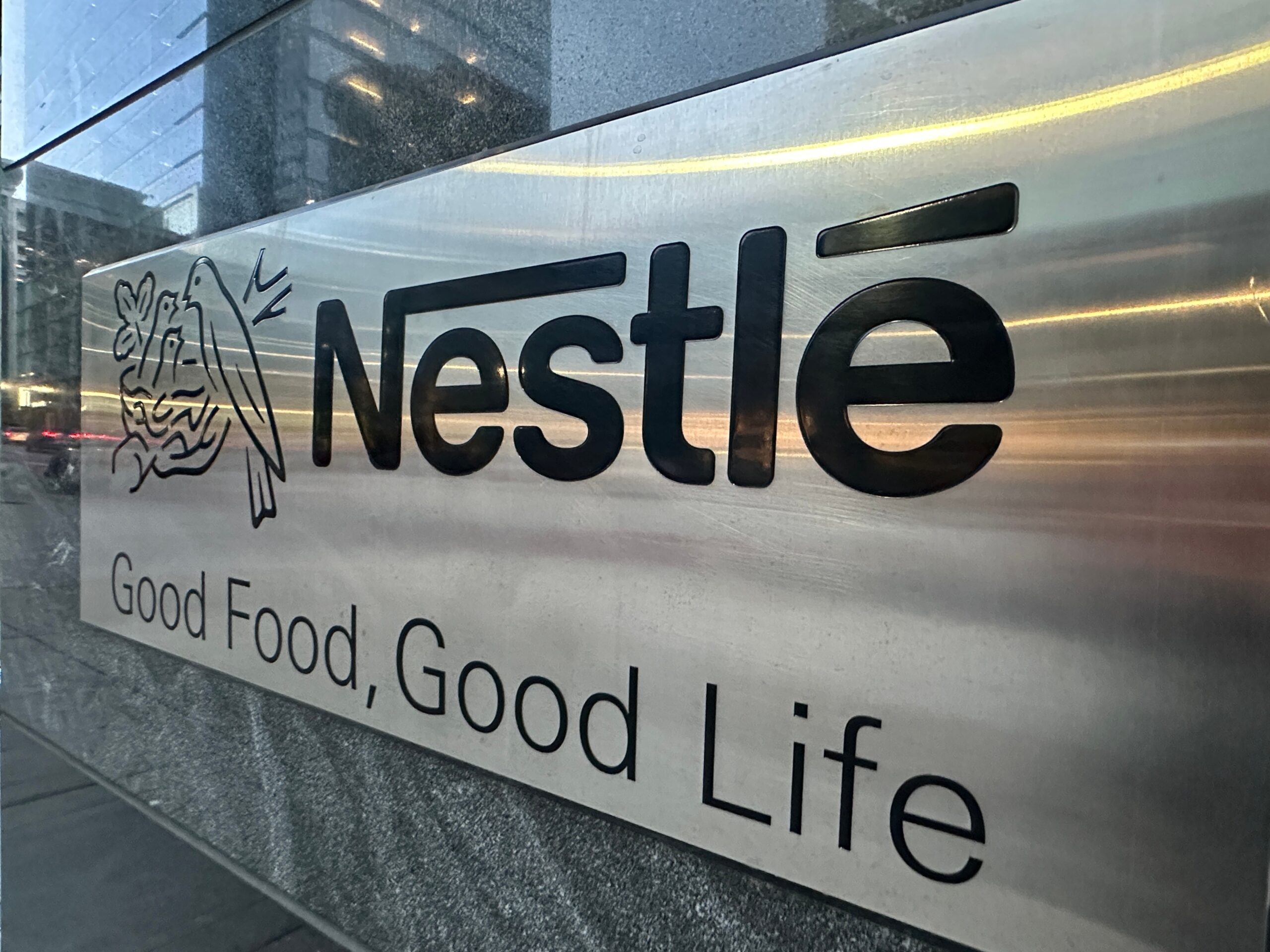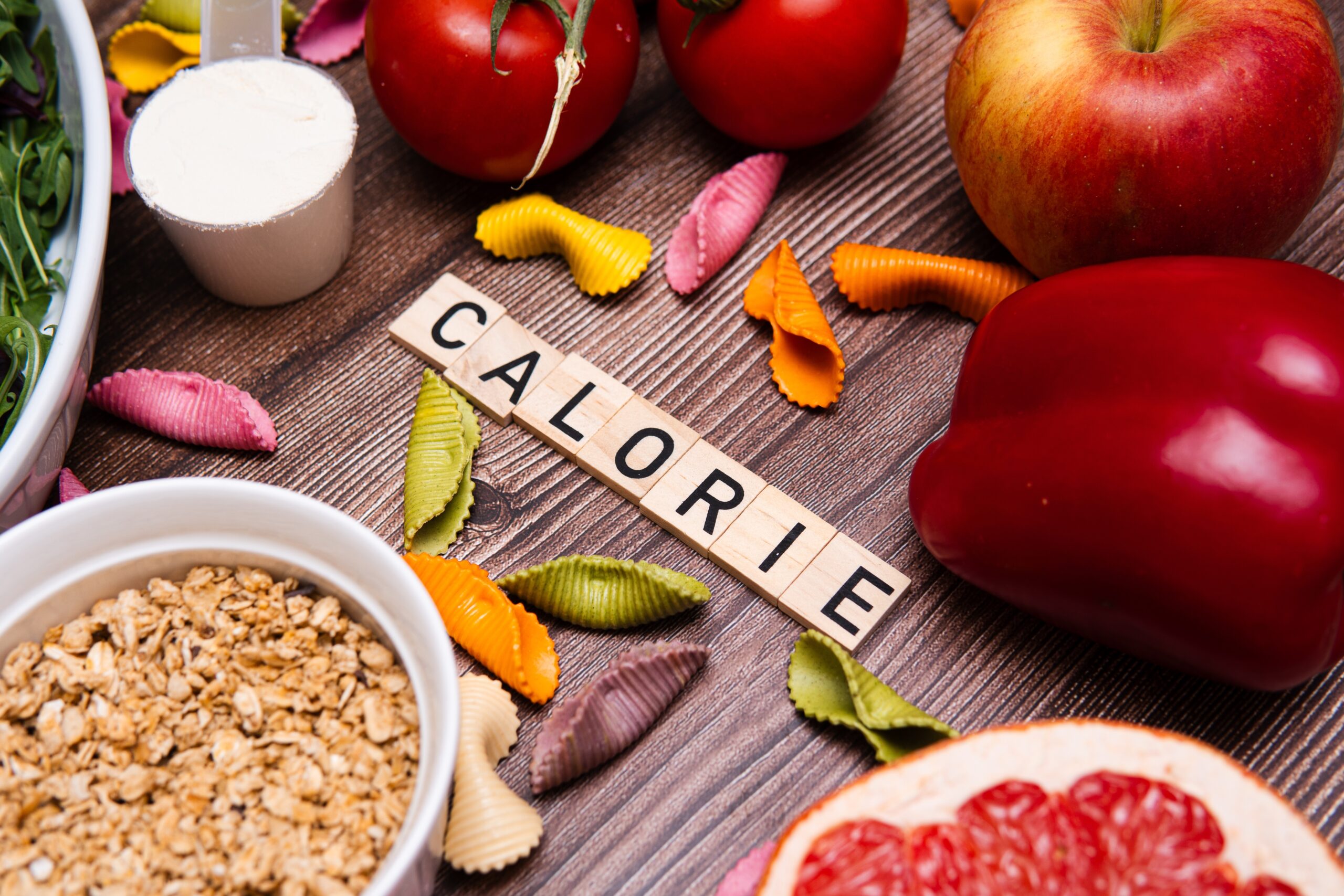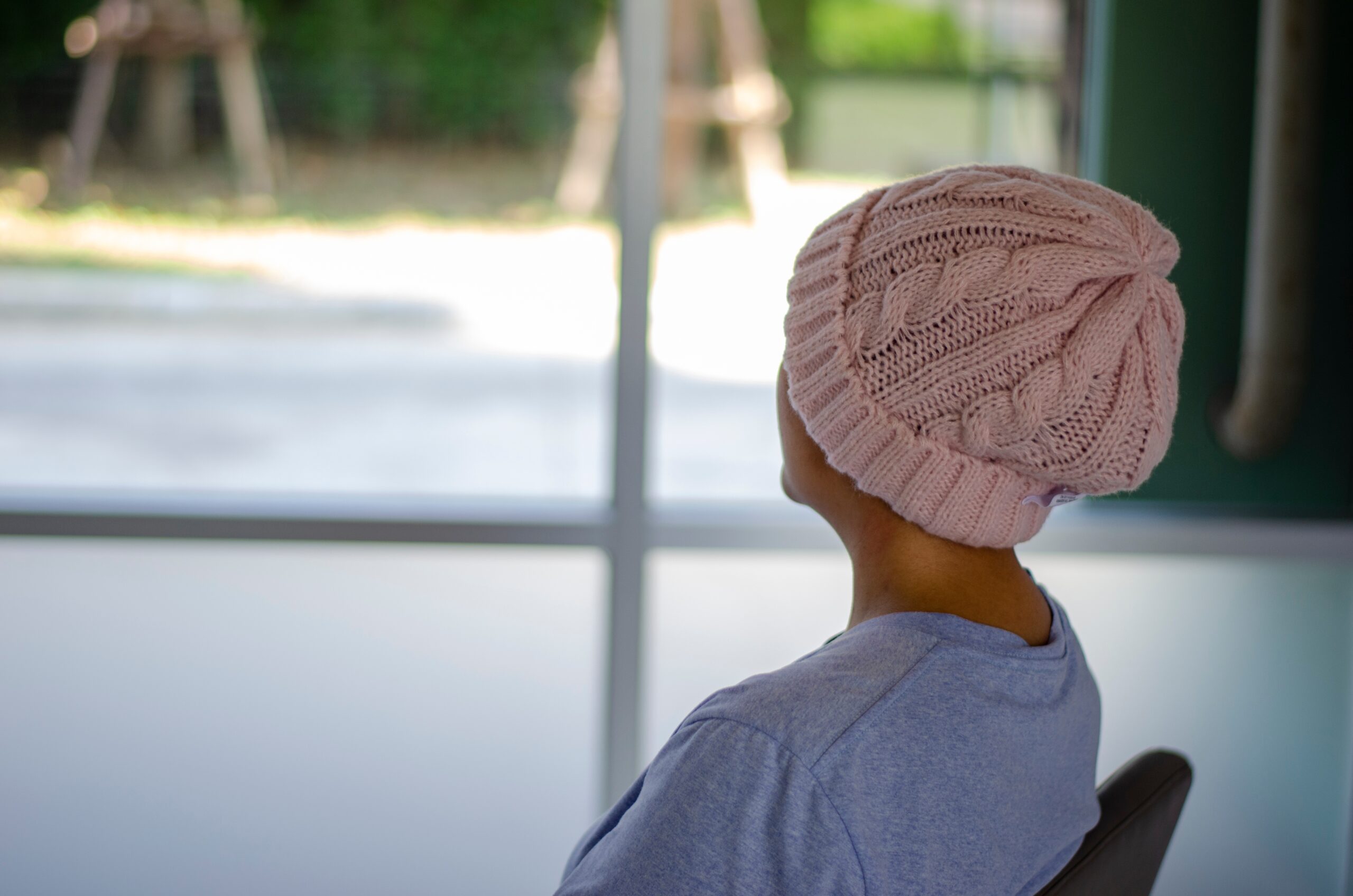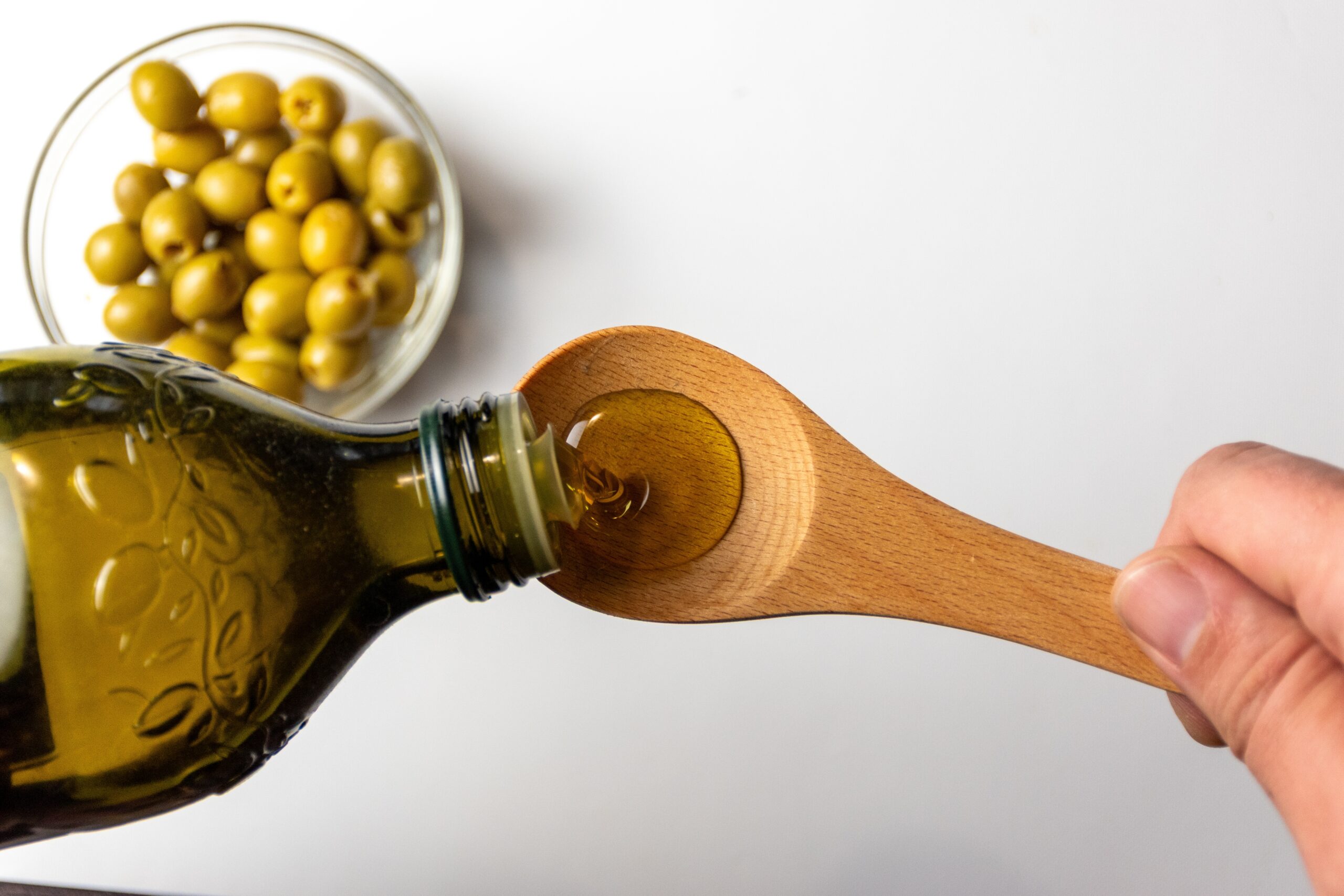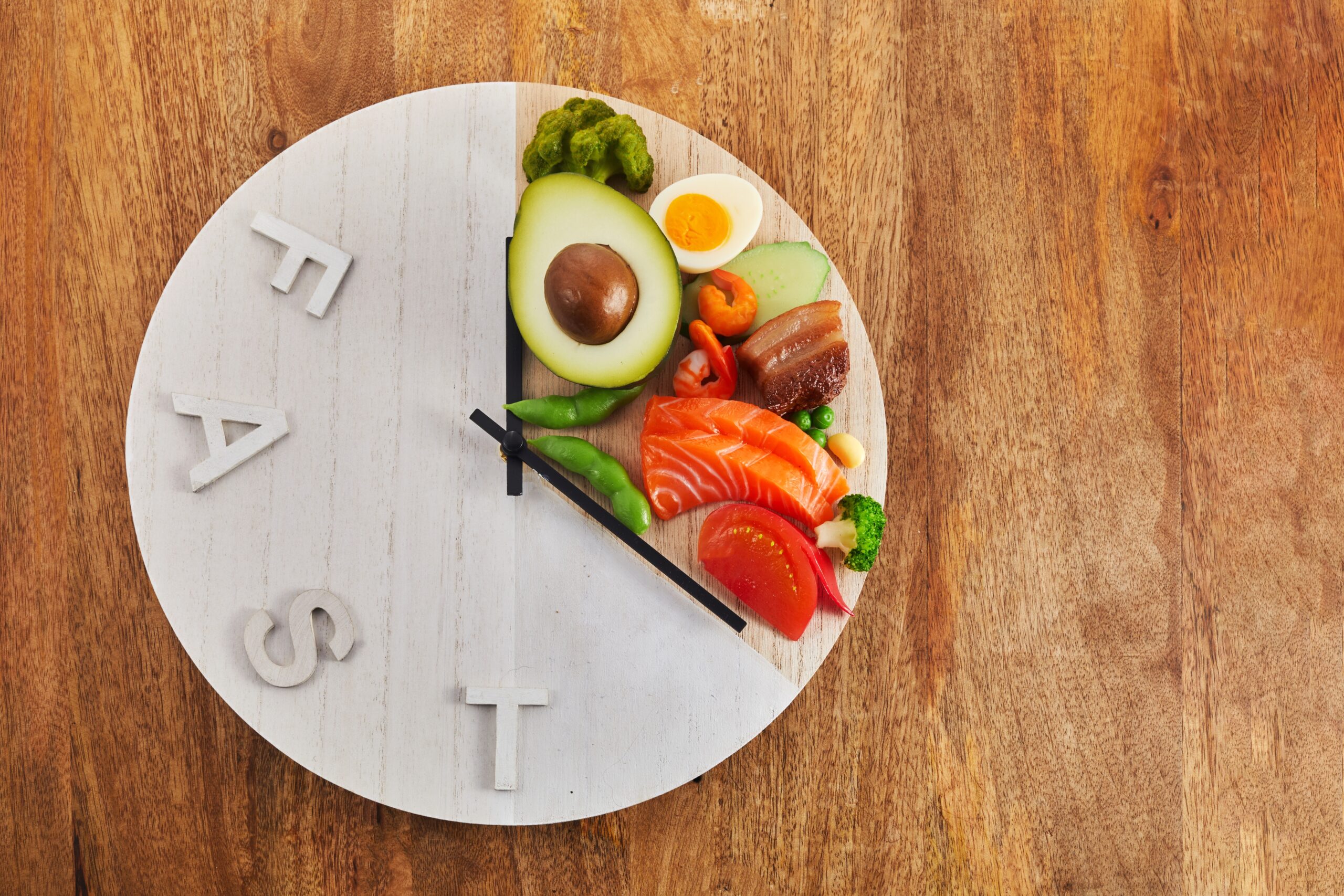Amid growing consumer demand for transparency, Nestlé commits to phasing out artificial dyes in its U.S. products by mid-2026.
At a Glance
- Nestlé aims to eliminate certain food dyes like FD&C colors by mid-2026.
- The FDA recognizes food dyes as safe but highlights risks associated with some, like Red dye No. 3.
- Other companies and the federal government are pushing to phase out synthetic dyes.
- Nestlé’s CEO emphasized the company’s responsiveness to consumer dietary trends.
Nestlé’s Commitment to a Clean Label
Nestlé plans to eliminate artificial dyes from its products in the U.S. by mid-2026. This move includes phasing out FD&C colors to align with health-conscious consumers’ preferences for more natural ingredients. By doing so, Nestlé joins the broader industry trend toward simpler, less synthetic ingredient lists. The plan covers popular brands such as KitKat, Hot Pockets, Stouffer’s, Häagen-Dazs, and Purina, representing a significant portion of the market and a notable shift in production priorities.
Watch a report: Nestle eliminating food dyes from its products
Despite the FDA’s designation of most artificial dyes as generally safe, concerns have arisen over specific dyes like Red 3, linked to cancer risks. The Cleveland Clinic also highlights ties between artificial dyes and hyperactivity in children, reinforcing public health concerns. Consequently, food producers have until mid-2026 to eliminate these risks. Nestlé aims to finish removing synthetic colors, with 90% of its portfolio already compliant with this objective.
Broader Industry and Regulatory Movements
Nestlé is not alone in this shift. Companies like Kraft Heinz and General Mills have similarly pledged to phase out artificial dyes by 2027. Legislative changes at the state level further press the industry, with California, West Virginia, and Texas enacting laws to restrict synthetic dyes. Public sentiment echoes these regulatory moves, with about two-thirds of Americans supporting the reformulation of foods to remove synthetic additives.
“Whether it’s an easy and nutritious family meal, an occasional snack, or a satisfying cup of coffee, we are always looking for different ways to offer great tasting, compelling choices for our consumers. As their diverse dietary preferences and nutritional needs evolve, we evolve with them.” – Marty Thompson, CEO of Nestlé USA –
The Road Ahead
With recent federal bans on certain dyes, like Red 3, the government’s message is clear: the focus on consumer health and safety will continue to tighten. For Nestlé, meeting these expectations is not just about compliance but about retaining consumer trust and staying competitive. As highlighted by Nestlé’s CEO Marty Thompson, the company’s initiatives are driven by an evolving understanding of consumer dietary trends, aiming to provide quality foods that align with public health interests.
Skepticism about these industry claims persists, but consumer support and regulatory pressure provide hope for genuine progress. As the deadline approaches, stakeholders will be watching Nestlé and peers to see if these shifts toward removing dyes will proceed as planned and set a new standard in food manufacturing.

